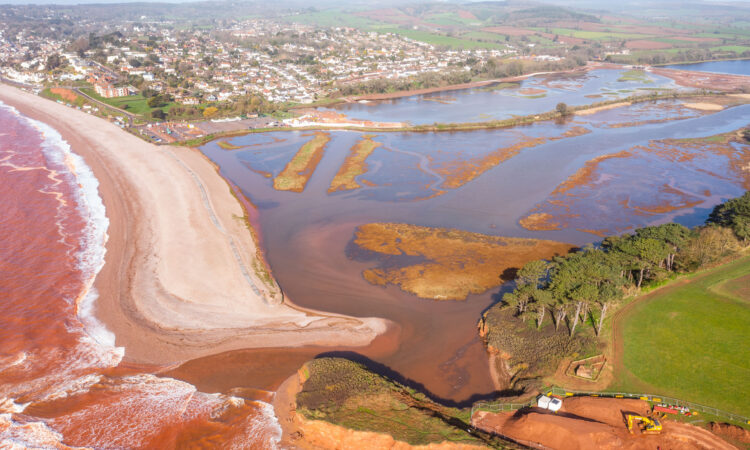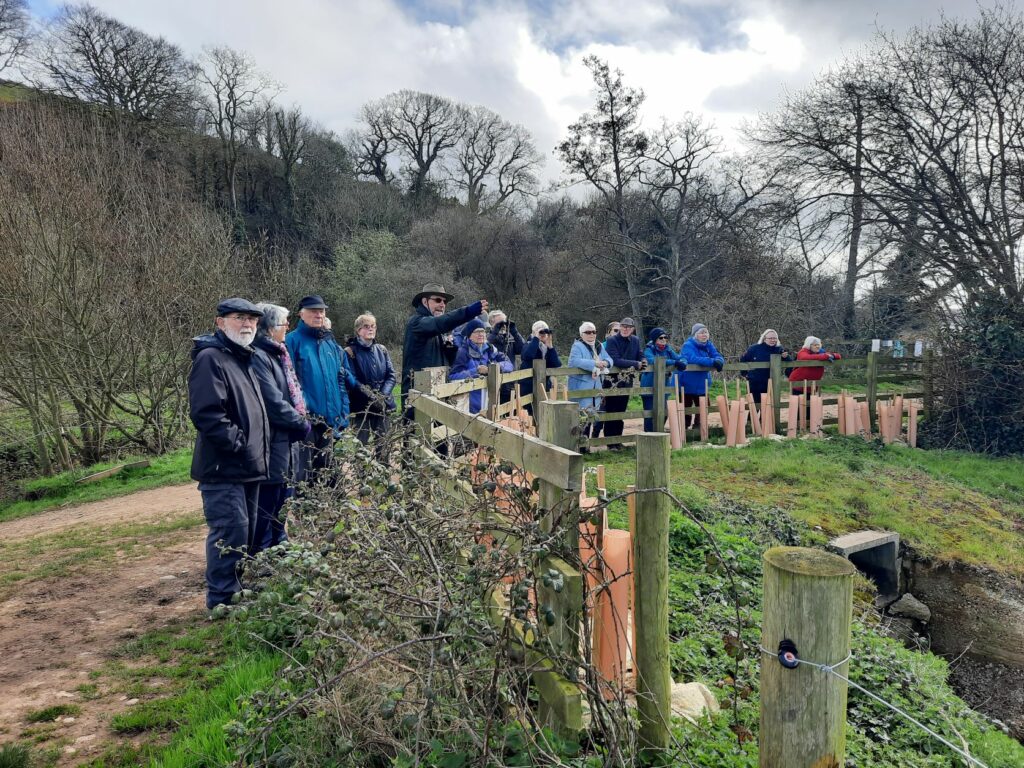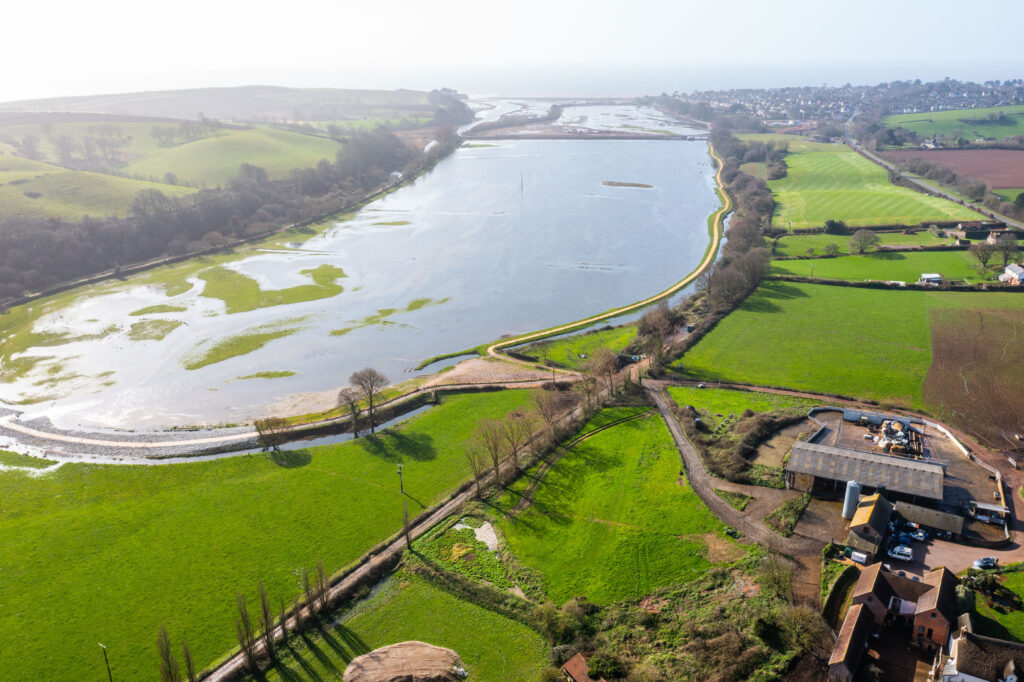
As we approach the end of the PACCo project and, at the same time, also get closer to completing the construction projects in England and France, it is time to reflect on how much has been achieved. Looking back and realising that it is nearly 10 years since we began work on PACCo reveals how much preparatory work goes unseen by those who will benefit from the project in the future.
It has not always been a smooth ride and at times has been extremely challenging. Just getting PACCo across the line and agreed as part of the France Channel England (FCE) programme required a huge amount of work by what was then a very small team. However, we were enthused by the idea of working together to demonstrate that what we were doing was a good thing that others could learn from.
PACCo played a vital part in enabling the Lower Otter Restoration Project (LORP) and Basse Saâne projects to get up and running. It is quite possible that without the additional funding from the European Regional Development Fund these important demonstration projects might have faltered and would certainly have been further delayed.

From an English perspective, the relationship between PACCo and LORP has been quite complex. With the two projects interdependent yet separate, and with two different but overlapping project delivery teams, we have had to find a delicate balance to achieve mutual support and, at the same time, avoid tensions. In France too, delivery of the physical works in the Saâne valley has gone hand in hand with the actions to carry out the studies and reports needed for PACCo.
We have, I think, achieved this successfully, even though we have undergone several changes of personnel, particularly in the various teams working on PACCo, with the inevitable pauses in delivery that such changes mean; such pauses are even more tricky when set against the background of a very fixed end date.
Congratulations must go to the teams on both sides of the Channel for their efforts to ensure that PACCo will be completed on time and in compliance with the many detailed requirements of the programme. Our thanks also go to the many people in the FCE team with whom we have worked over the whole period from development to completion; it really has been a team effort.
Communications and engagement have been a big part of PACCo, with all of us working hard to ensure that we enabled everyone, French and English alike, to take part and learn from our shared experiences. This has been massively improved by having members of the team with fantastic language skills.

And so, we approach the end of PACCo, and of the FCE programme itself. It’s the last chapter of a long running story which may not be repeated in the future. However, our projects are, in some ways, still a work in progress; much of the work is complete but there are still some significant pieces of work to do on both sides of the Channel and lots of details to be finalised.
There is also a strange mixture of emotions because, although the construction phases are close to being finished, in some ways they are only the beginning, because the period of evolution that will follow will be perhaps even more interesting and exciting.
Monitoring the changes in the two valleys and seeing how the lessons we have learned and shared with others are used will be fascinating; I’m sure that many of us who have helped to create these great pieces of work will continue to look on with keen interest even if we are no longer directly involved.
Thanks go to everyone who has helped in any way; you can be proud of what we have achieved together!





